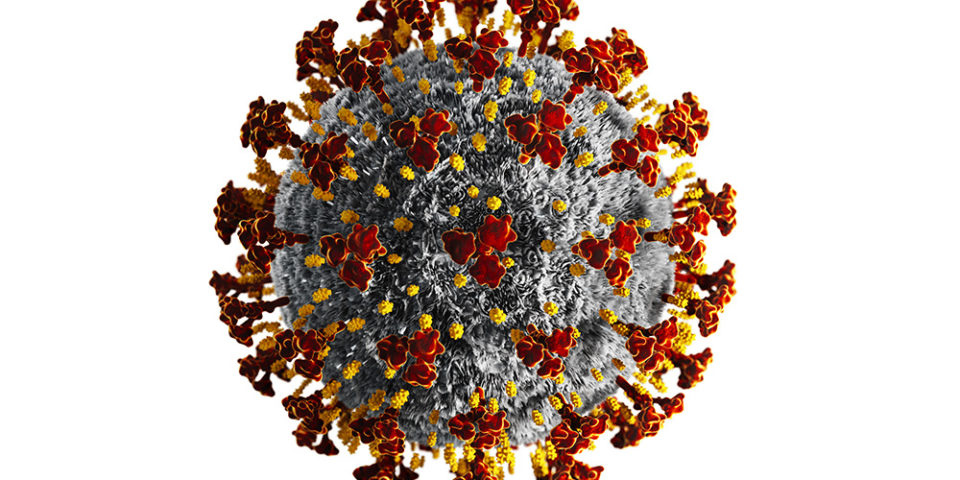What to know about the new COVID-19 breathalyzer test
The Food and Drug administration recently granted emergency use authorization for a new COVID-19 breath test for adults that can provide results in under three minutes. Infectious disease expert Edwin Hayes, MD, explained how the COVID-19 breathalyzer test works and why it’s important to be tested for COVID-19 in the first place.
How does the COVID breath test work?
It works like a typical breathalyzer test where you blow into a bag that is hooked up to a machine.
“The test uses gas chromatography mass spectrometry, which means it’s sorting multiple molecules in the gas cloud that comes out of your mouth into a hierarchy of weight and different elements and characteristics,” Dr. Hayes said. “And once it’s sorted, it lands on a detector that’s able to pull out certain molecules and break them down to see if they’re consistent with molecules we find in COVID-19.”
Probably the simplest analogy would be a coin sorting machine which detects different weights and sizes of coins that allow the money to be counted.
How effective is the COVID-19 breathalyzer test?
Studies show the test is effective at ruling out COVID in a low prevalence population.
“When they did these studies, it was in a time where there was less COVID,” Dr. Hayes explained. “And when there’s less COVID around, there’s less of a chance of someone having COVID. As long as the numbers in the community are low, available data suggests this test is pretty reliable in ruling out a COVID infection.”
The COVID-19 breathalyzer test has been shown to be 99.6% effective in affirming an individual does not have COVID-19 when infection rates are low. If someone has a positive test, it’s recommended they get a PCR test to confirm they have the infection.
Will these tests be available for home use?
The test must be performed by a trained, qualified operator under the supervision of a healthcare provider. “It’s not something the average person is going to have in their home,” Dr. Hayes said.
Why do we need another type of COVID-19 test?
“Anything we can do to detect and trace the virus is going to help us to identify and treat it,” Dr. Hayes said. “The breath test is a good noninvasive, less uncomfortable supplement to the tests that are available now. These tests will just be one more tool, especially if we see another surge of COVID-19.”
Why is it important to test for COVID-19?
“If you confirm COVID infection early, you can get treated early. And if you treat COVID early, it’s much less likely you are going to end up in the hospital or die from COVID,” Dr. Hayes said. “Probably the best medicine right now is Paxlovid, an antiviral medication that if given early from the start of symptoms can decrease the risk of hospitalization and death by 90%. But it requires a prescription. So, if you think you have COVID, you want to confirm that quickly, especially if you’re a high-risk individual.”
It seems like COVID-19 is waning. Does vaccination matter at this point?
Dr. Hayes highly recommends vaccination for anyone who is not vaccinated, and if you’ve started your initial series, get the booster.
“The outcomes we’re seeing from vaccination show that people are way more likely to survive a COVID infection and stay out of the hospital when they are vaccinated,” he added. “They are way less likely to get COVID to begin with.”
COVID-19 vaccination is accessible, free and safe.
“It’s very feasible that COVID-19 is going to be with us for years to come,” Dr. Hayes said. “We may not see the same spikes, but there will continue to be issues, especially seasonally in the fall and the winter. The people who are going to suffer most with COVID-19 in the next 5–10 years are going to be unvaccinated individuals and their loved ones. Vaccination is still the best thing you can do to protect yourself.”
Have questions about the COVID-19 vaccine?
Find answers to frequently asked questions about the COVID-19 vaccine, including how to get the shot.


